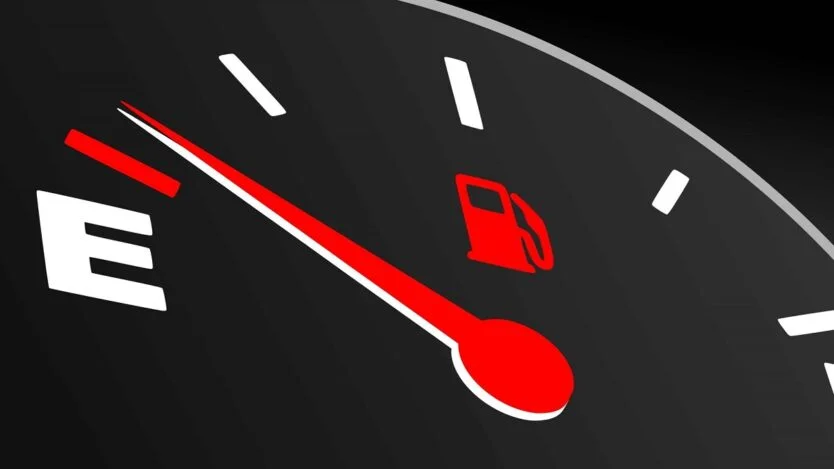For optimal operation, your car depends on a complicated network of fluids. These fluids distribute power throughout the system, cool the engine, and lubricate moving parts. Your car’s fluid levels need to be regularly checked and topped off, just like a human body needs regular exams to be in good health. For best results and to avoid expensive repairs, check your car’s fluid levels on a frequent basis for the following reasons:
Preventing Engine Damage
The engine in your car runs on engine oil. It stops wear and tear by lowering friction between moving parts. Low engine oil levels can cause overheating, more friction, and eventually engine seizures. This can be a serious malfunction that needs extensive Auto Repair in Flushing, MI, or wherever you might be.
Sustaining Maximum Efficiency
Maintaining the proper operating temperature of your engine is ensured by routinely monitoring and replenishing fluids such as engine coolant. Better horsepower, more fuel economy, and overall smoother performance are the results of this.
Early Issue Identification
Excessive or insufficient fluid levels may be a sign of underlying problems. For instance, a decrease in the coolant level may indicate a cooling system leak. Likewise, an abrupt rise in engine oil could point to a head gasket issue. When such issues are discovered early on, you may take care of them before they become serious repairs.
Increased Security
Numerous automotive fluids are essential to maintaining your safety while driving. For example, brake fluid helps you stop by transferring pressure from the brake pedal to the wheels. Inadequate brake fluid can seriously impair stopping ability, raising the possibility of collisions.
How Frequently Should Fluid Levels Be Checked?
The brand, model, and driving habits of your car can all affect how often you should check the fluid levels. But it’s a good idea to check them once a month at the very least, especially before long vacations.
Assessing Your Own Fluid Levels
The majority of automotive fluids are kept in clear reservoirs that are labelled with the lowest and maximum levels. For detailed directions on where to find and inspect each type of fluid, go to the owner’s manual that came with your car. Never take off the radiator cap while the engine is still hot.
Getting Expert Assistance
Do not hesitate to take your automobile to a trained mechanic if you feel uncomfortable checking the fluid levels yourself or if you suspect a leak. They can identify any underlying problems and make sure your automobile is operating smoothly because they have the knowledge and tools necessary.
Conclusion
You’re not only safeguarding your investment by doing routine fluid level checks, but you’re also guaranteeing a secure and pleasurable driving experience. Keep in mind that spending a few minutes now monitoring the fluids will save you a great deal of difficulty and money later on.

